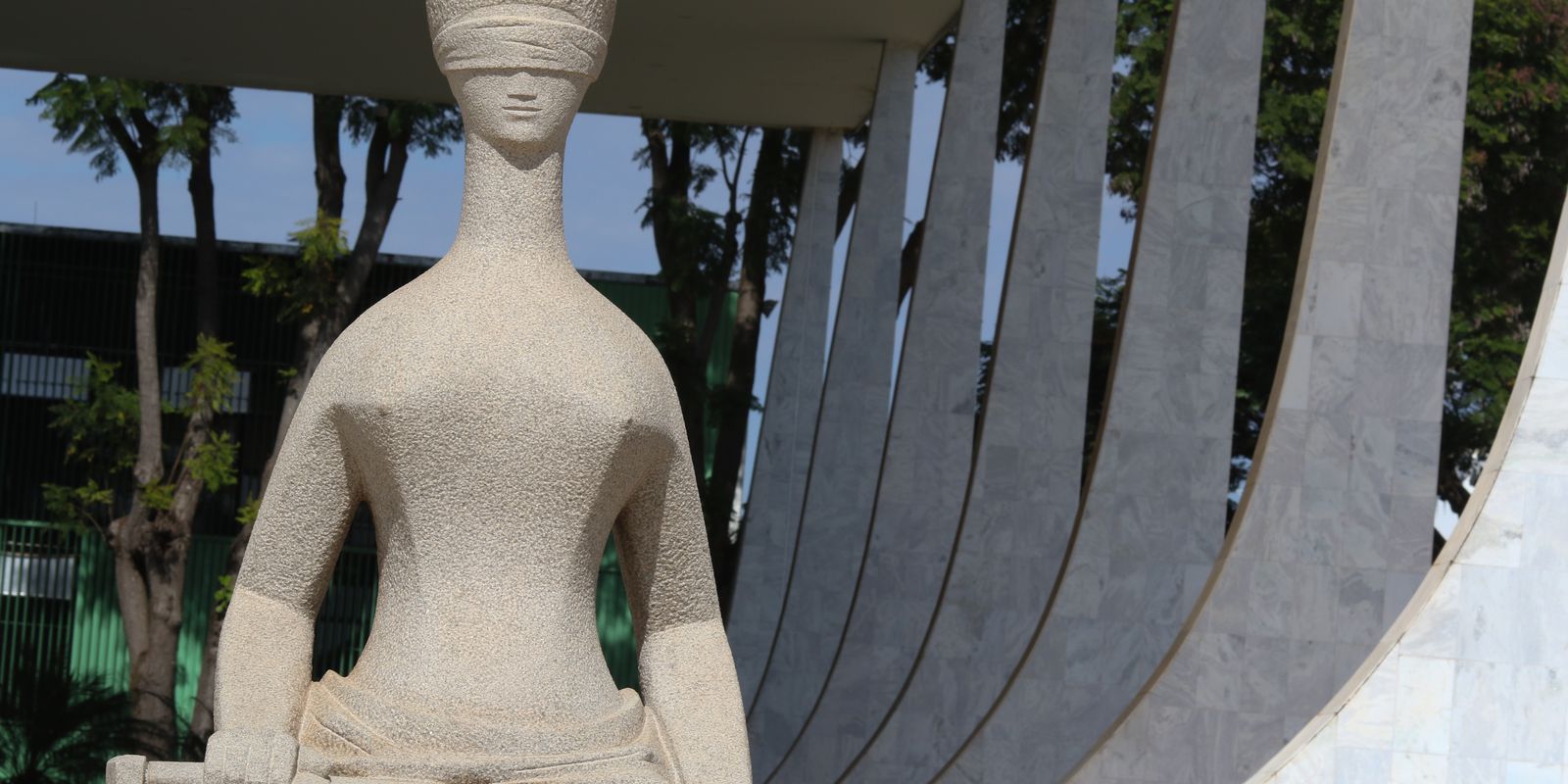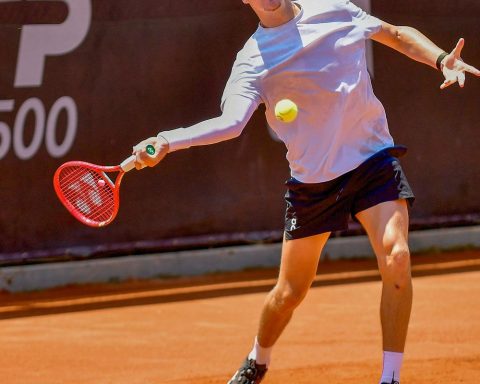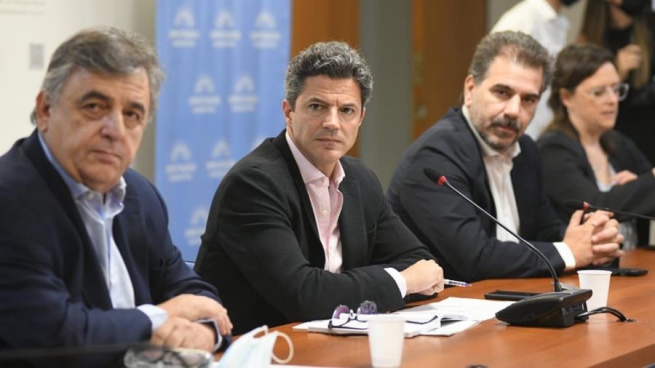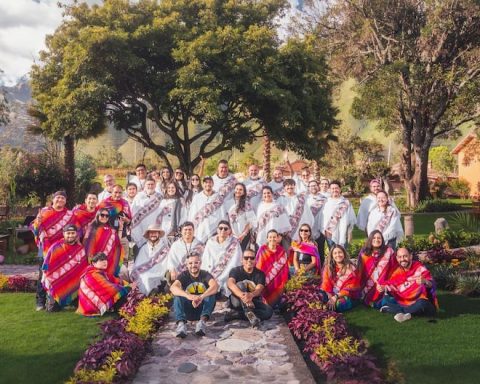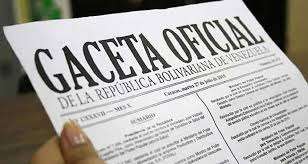The plenary of the Federal Supreme Court (STF) decided today (17), by majority, to maintain the limitations imposed by the legislation on paid electoral advertisements in newspapers, whether printed or in their versions. online.
The trial began last week and was resumed this Thursday with the vote of Minister Dias Toffoli, who was against the removal of restrictions. Nunes Marques, Alexandre de Moraes, Rosa Weber, Ricardo Lewandowski and Gilmar Mendes also voted in this direction, adding up to six votes in favor of the limitations.
Justices Luiz Fux, Luís Roberto Barroso, Edson Fachin and Cármen Lúcia were defeated in the trial. For this current, limitations on newspaper advertisements have become unconstitutional in the face of immense changes in the media landscape since they were created.
Understand
Current electoral legislation imposes a restriction on quantity and size of paid advertisements by candidates in print newspapers, which can only be published until the day before the election. Paid electoral advertising is also not allowed in websites of legal entities, such as newspapers.
It is only allowed to promote content, duly identified, on social networks and blogsor in websites the candidate himself or the party.
Such restrictions had, among the justifications, preventing the favoring of candidates with greater economic power, with greater capacity to pay for spaces or to co-opt local publications. They have been around since the 1990s and were last updated in 2009.
In the Supreme Court, the National Association of Newspapers (ANJ) claimed that changes in the media landscape made restrictions anachronistic, as candidate messages now circulate freely on messaging apps and other means, even on election day.
“Propaganda has other paths, so the prohibitive measure does not fulfill its intention to inhibit abuse of economic power”, said lawyer Andre Cyrino, on behalf of the ANJ. For him, the only current use of the restrictions would be to financially strangle the newspapers, which have already registered a drop in revenue in recent years. Such a picture would be disproportionate given the permission granted to social networks, argued the entity.
The deputy attorney general of the Republic, Humberto Jacques de Medeiros, defended the maintenance of the restrictions. “This election regulation is old, it is classic, it is consolidated. And it’s a legislator’s choice,” he said. “It is absolutely legitimate for the legislator to define, limit and regulate where and how public spending on election campaigns can go.”
Wishes
For the winning current, the objectives that led to the restrictions – preventing the abuse of economic power and guaranteeing parity of arms in the electoral dispute – are still legitimate, which is why the limitations must be maintained.
“By limiting, restricting, regulating, [o legislador] it did so for the sake of democratic interest, with a clear, ostensible objective of avoiding an obvious abuse: that there would be the kidnapping of these communication vehicles by economic power, and of ensuring the greatest possible equality to the candidates”, said Moraes.
The way, according to this line, to guarantee proportionality in the treatment of traditional and new social media would be not to reduce the regulation related to the professional press, but to increase the regulation related to technology companies.
“In my view, the remedy proposed here can contribute to, on the contrary, worsen the situation, not improve it”, said Toffoli. “The debate should advance, yes, on the need for greater regulation of political advertising on social networks,” said the minister.
Among the current losers, the understanding was that, with changes in the way of consuming information and the advancement of social networks as the main source of information, restrictions only on newspapers would no longer be able to contain abuses of economic power. In this way, they would have lost their raison d’être, serving only to put traditional media at a disadvantage in relation to new media.
“It’s as if the legislator had joined the side of goliaths,” said Barroso. “By intending to guarantee parity of arms and prevent economic abuse, which was the objective in the origin, what this law does is benefit social media, to the detriment of the professional press, of journalism. And social media is not in need of help, what is in need of help is professional journalism,” added the minister.
Minister André Mendonça, who had voted for a third way, ended up isolated. He had maintained the limitations on paid electioneering in print newspapers, but suggested that such advertisements should also be allowed in print versions. online vehicles, but with restrictions yet to be defined by Congress or the courts.
